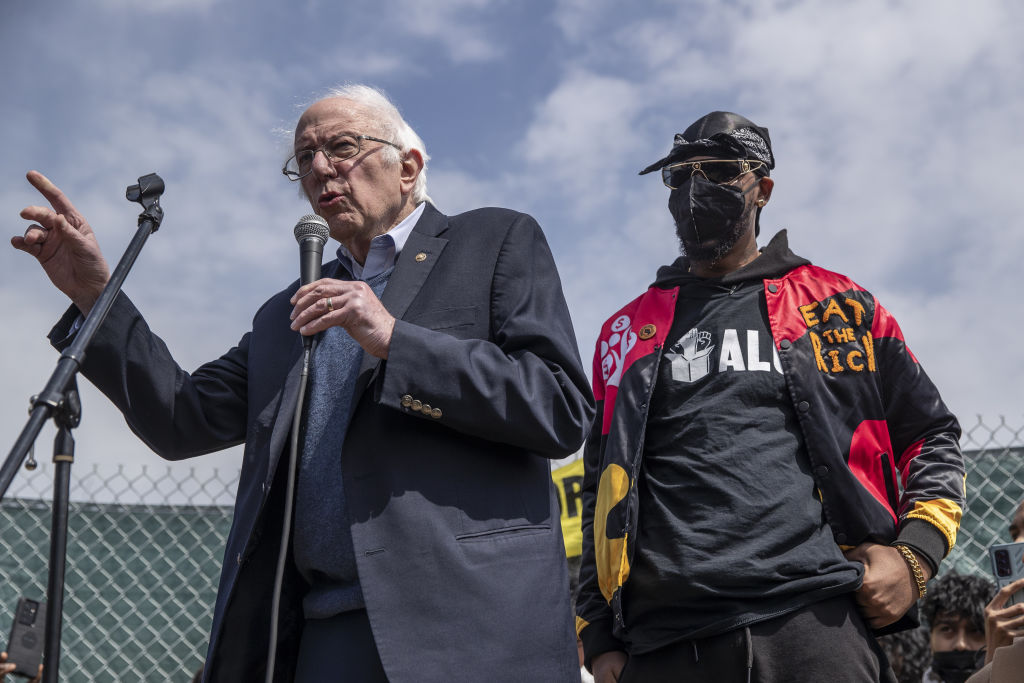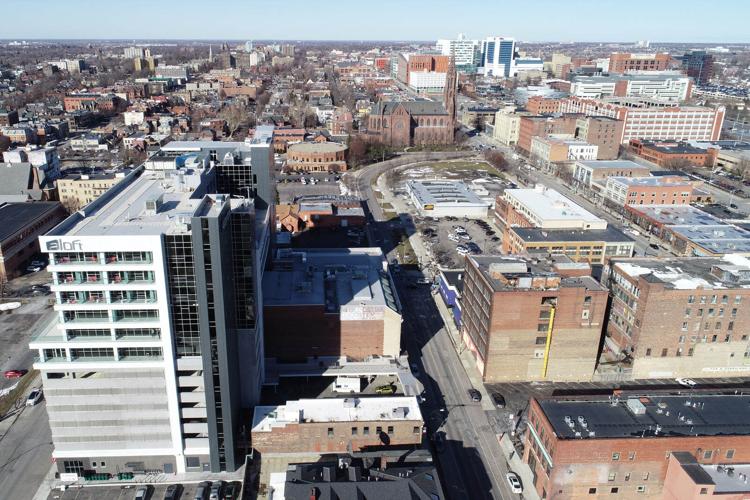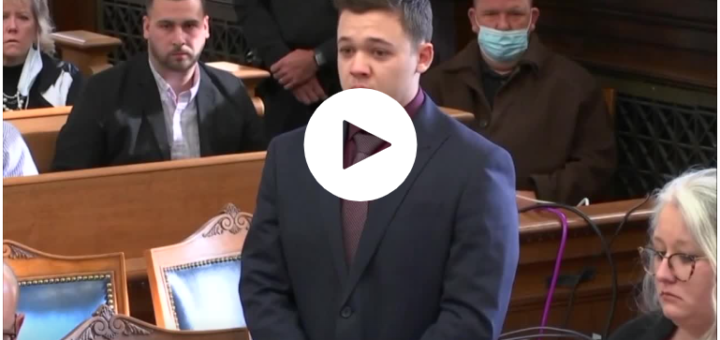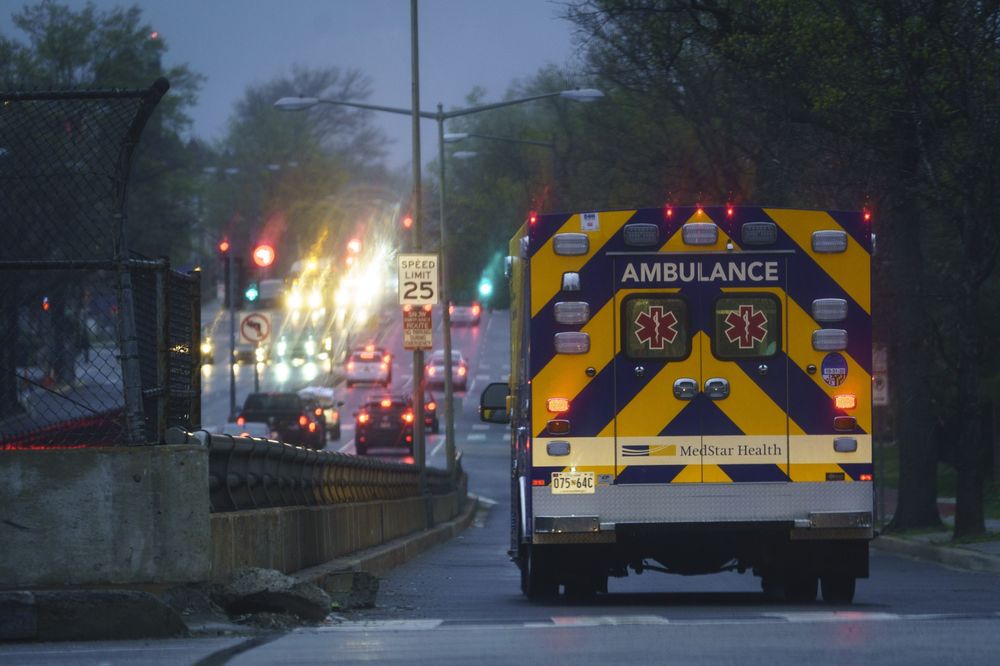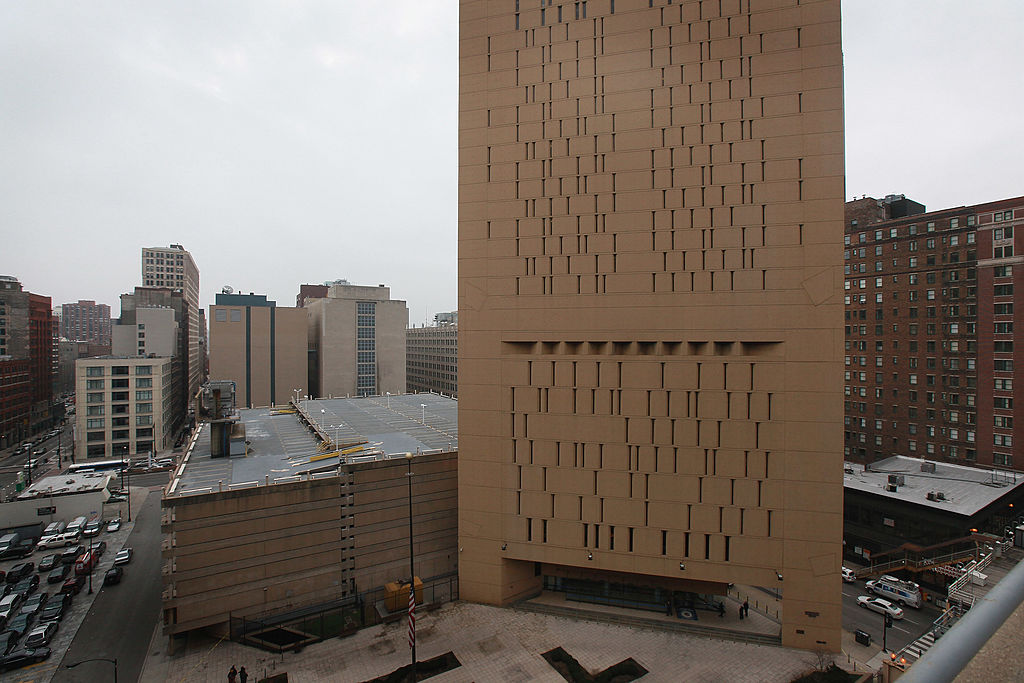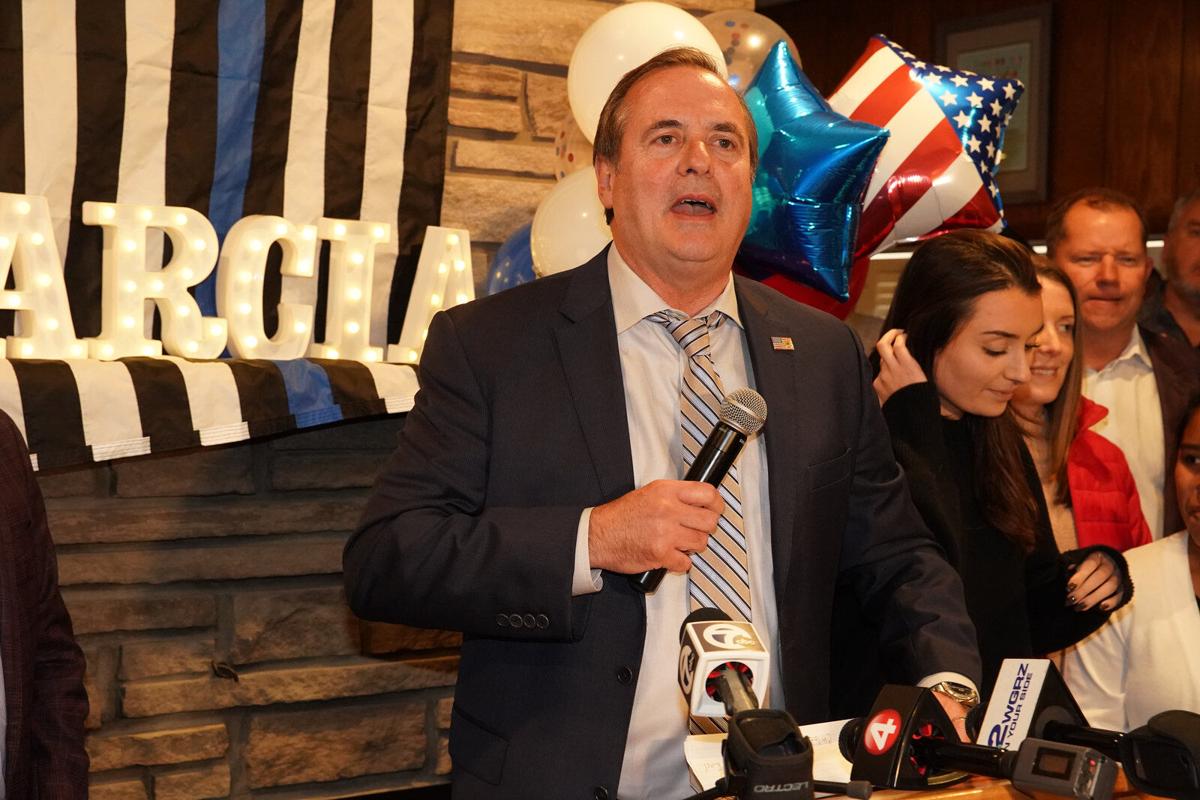By Benjamin Wallace-Wells
Read the full article from The New Yorker, here.
Remote work turned out to be advantageous for people looking to leak information to reporters. Instructions that once might have been given in conversation now often had to be written down and beamed from one home office to another. Holding a large meeting on Zoom often required e-mailing supporting notes and materials—more documents to leak. Before the pandemic, if you thought that an anti-racism seminar at your workplace had gone awry, you had to be both brave and sneaky to record it. At home, it was so much easier. Zoom allowed you to record and take screenshots, and if you were worried that such actions could be traced you could use your cell phone, or your spouse’s cell phone, or your friend’s. Institutions that had previously seemed impenetrable have been pried open: Amazon, the I.R.S., the U.S. Treasury. But some less obviously tectonic leaks have had a more direct political effect, as was the case in July, 2020, when an employee of the city of Seattle documented an anti-bias training session and sent the evidence to a journalist named Christopher F. Rufo, who read it and recognized a political opportunity.

